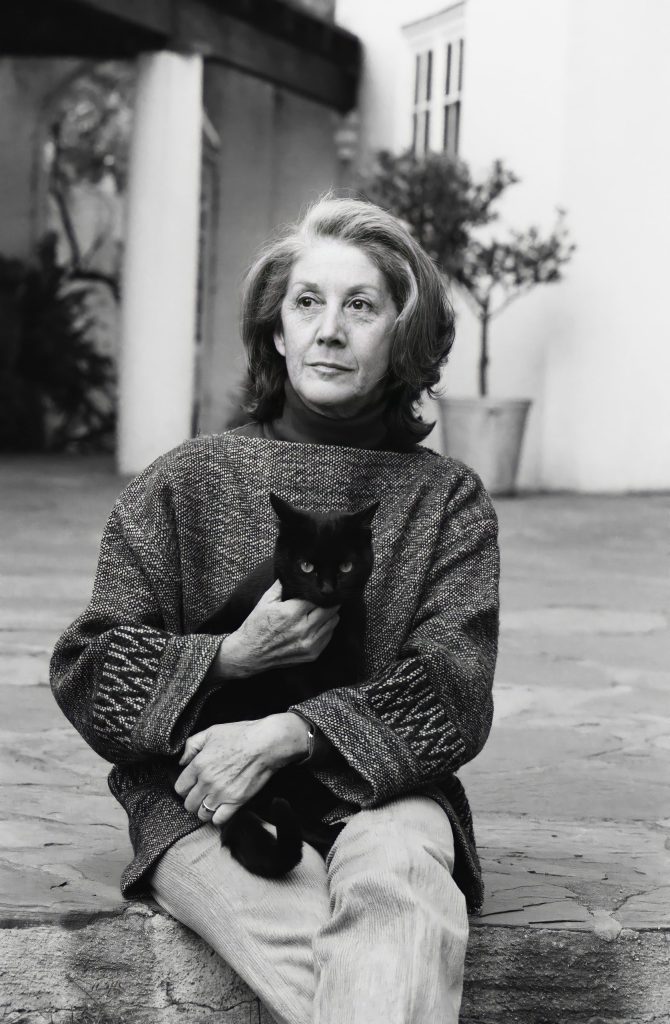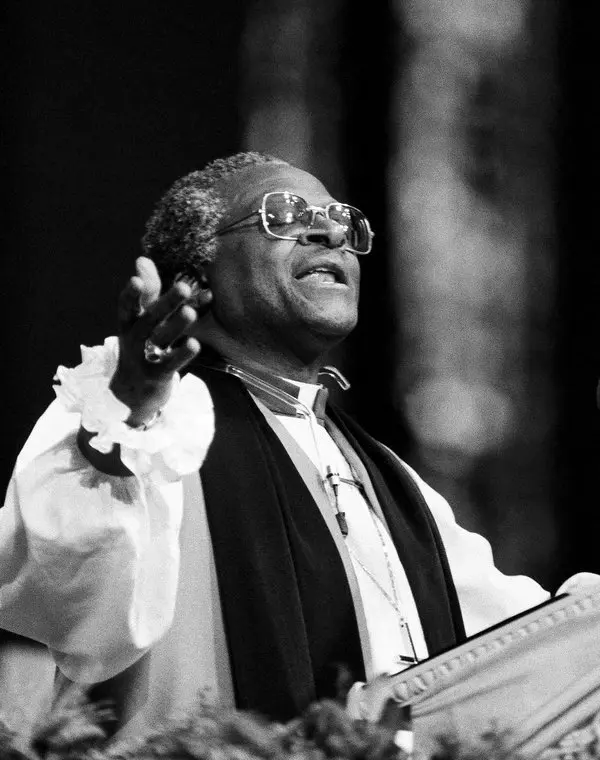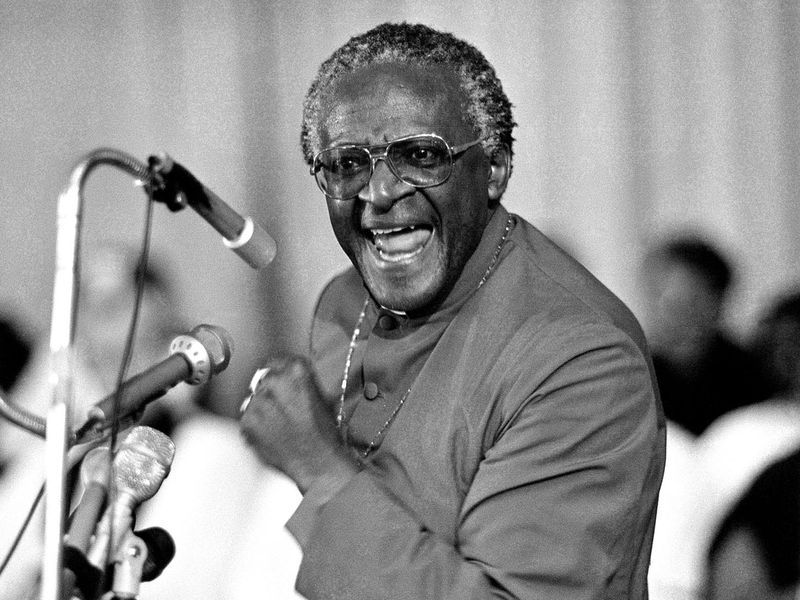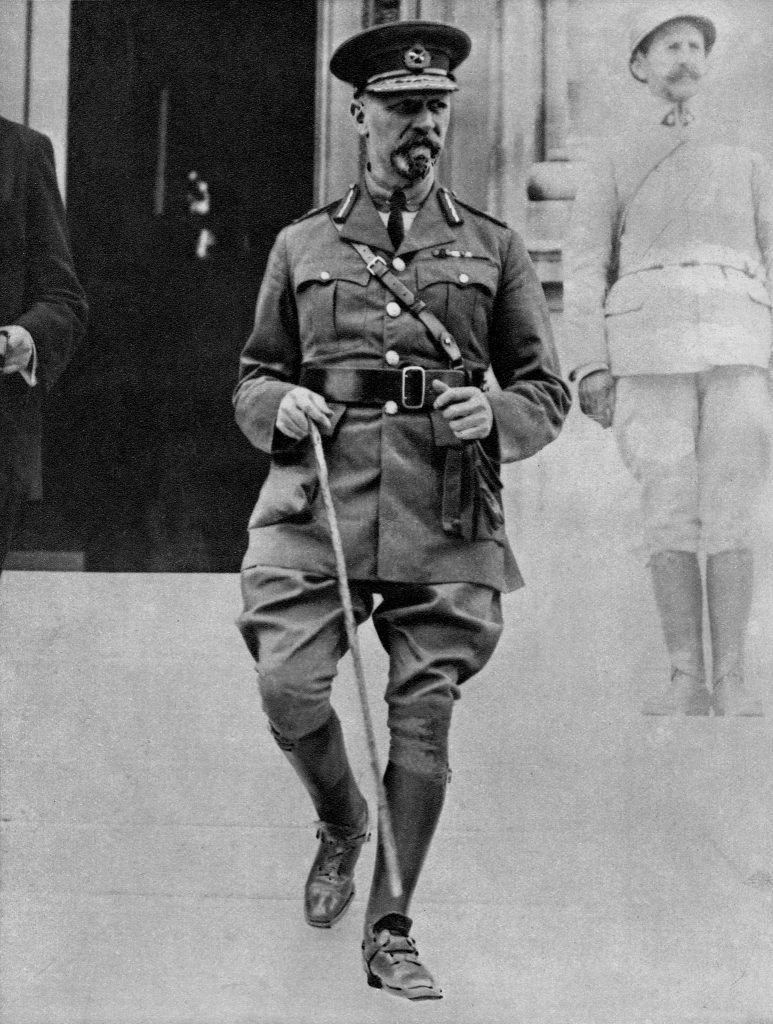Celebrating South African Heroes: The Literary and Political Contributions of Nadine Gordimer, the Social Activism of Desmond Tutu, and the Leadership and Philosophy of Jan Christiaan Smuts
Nadine Gordimer (20 November 1923 – 13 July 2014) was a South African writer and political activist, recognized for her powerful literary contributions and her commitment to addressing the social and political issues of apartheid. Here’s an overview of her life and achievements:
Early Life:
- Nadine Gordimer was born in Springs, a small mining town near Johannesburg, South Africa.
- She began writing at a young age and published her first story at 15.
Literary Career:
- Gordimer’s literary career spanned several decades, and she authored numerous novels, short stories, and essays.
- Her early works, such as “The Lying Days” (1953) and “A World of Strangers” (1958), explored the complexities of race relations in South Africa.

Apartheid and Activism:
- Gordimer’s works often dealt with the impact of apartheid on individuals and society.
- She was an active critic of apartheid and used her writing as a form of resistance. Some of her notable novels addressing apartheid include “Burger’s Daughter” (1979) and “July’s People” (1981).
Nobel Prize in Literature:
- In 1991, Nadine Gordimer was awarded the Nobel Prize in Literature, making her the first South African to receive the honor after the end of apartheid.
- The Nobel Committee praised her as a writer who, through her magnificent epic writing, helps us to experience and understand the conflicts of her country.
Post-Apartheid Era:
- After the dismantling of apartheid, Gordimer continued to explore the challenges and complexities facing South Africa in the post-apartheid era.
- “The House Gun” (1998) and “The Pickup” (2001) are examples of her post-apartheid works.
Legacy:
- Nadine Gordimer’s literary legacy extends beyond her Nobel Prize. Her works are celebrated for their depth, insight, and courage in addressing challenging social issues.
- She passed away on 13 July 2014 at the age of 90, leaving behind a body of work that continues to be studied and appreciated globally.

Key Works:
- “Burger’s Daughter” (1979)
- “July’s People” (1981)
- “Beads and Other Stories” (1991)
- “The Conservationist” (1974)
- “My Son’s Story” (1990)
Nadine Gordimer’s writings remain influential, offering profound reflections on the complexities of South Africa’s history and the human condition.
South African Anglican bishop and social rights activist who played a crucial role in the struggle against apartheid – Desmond Mpilo Tutu
Desmond Mpilo Tutu (born 7 October 1931) was a South African Anglican bishop and social rights activist who played a crucial role in the struggle against apartheid. Here is an overview of his life and contributions:
Early Life:
- Desmond Tutu was born in Klerksdorp, a town in the South African province of North West.
- He attended Bantu Normal College in Pretoria, where he trained as a teacher. Later, he studied theology at St. Peter’s Theological College in Rosettenville.
Ordination and Education:
- Tutu was ordained as a priest in 1960 and earned a Bachelor of Divinity from King’s College London.
- In 1962, he returned to South Africa and became the chaplain at the University of Fort Hare.
Role in the Anti-Apartheid Movement:
- Tutu emerged as a prominent figure in the anti-apartheid movement. He used his position in the church to speak out against racial segregation and injustice.
- He became the first black General Secretary of the South African Council of Churches in 1978.

Activism and Nobel Peace Prize:
- Tutu was an outspoken critic of apartheid and gained international recognition for his activism. He advocated for nonviolent resistance and economic sanctions against South Africa.
- In 1984, he received the Nobel Peace Prize for his efforts in the struggle against apartheid.
Truth and Reconciliation Commission:
- After the end of apartheid, Tutu played a key role in the Truth and Reconciliation Commission (TRC), which aimed to address the crimes and injustices of the past. The TRC provided a forum for both victims and perpetrators to tell their stories.
Archbishop of Cape Town:
- Tutu was appointed as the Archbishop of Cape Town in 1986, becoming the first black South African to hold that position.
- He used his moral authority to advocate for reconciliation and healing in the post-apartheid era.
Later Years:
- After retiring as Archbishop in 1996, Tutu remained active in social and political issues. He continued to speak out against injustice and human rights abuses.
- Desmond Tutu passed away on December 26, 2021, at the age of 90.

Legacy:
- Desmond Tutu is remembered as a moral leader and symbol of the struggle for justice and equality. His legacy extends beyond South Africa, influencing global discussions on human rights and reconciliation.
- His teachings and writings emphasize the importance of forgiveness, compassion, and the pursuit of justice.
Desmond Tutu’s impact on South Africa and the world continues to be celebrated, and his contributions to the fight against apartheid and the quest for a just society are widely acknowledged.
A Dee dive into Jan Christiaan Smuts A prominent South African statesman, military leader, and philosopher
Jan Christiaan Smuts (24 May 1870 – 11 September 1950) was a prominent South African statesman, military leader, and philosopher. Here is an overview of his life and career:
Early Life:
- Jan Christiaan Smuts was born on a farm in the British Cape Colony, near the town of Riebeeck West (now in the Western Cape province of South Africa).
- He studied at Victoria College (now the University of Stellenbosch) and later attended the University of Cambridge in England.
Boer War:
- Smuts played a significant role in the Second Boer War (1899–1902) as a military leader on the side of the Boers (Afrikaner settlers). He was known for his guerrilla warfare tactics.
- After the Boer War, he went on to study law at the University of Cambridge.
Political Career:
- Smuts entered politics and became a key figure in the formation of the Union of South Africa in 1910, which united the former Boer republics and British colonies into a single nation.
- He served as the Minister of Defence in the first South African government and played a crucial role in establishing the South African Defence Force.
World War I:
- During World War I, Smuts served in the British War Cabinet. He was instrumental in drafting the terms of the Treaty of Versailles and represented South Africa at the Paris Peace Conference.
Post-World War I:
- Smuts’ role in international affairs continued, and he was a strong advocate for the League of Nations, the predecessor to the United Nations.
- In 1919, he became Prime Minister of South Africa and initiated policies that aimed to reconcile the Afrikaner and British communities.

World War II:
- Smuts played a significant role in World War II. He again served in the British War Cabinet, and South Africa actively supported the Allies in the war effort.
- Smuts attended the United Nations Conference in San Francisco in 1945 and was one of the co-founders of the United Nations.
Domestic Policies:
- Smuts’ domestic policies were characterized by efforts to promote reconciliation and nation-building. However, his policies also contributed to the entrenchment of racial segregation, later known as apartheid.
Legacy:
- Jan Smuts is a complex figure in South African history. While he made important contributions to the international community and was respected for his intellect, his legacy is also marked by the racial policies that later developed into apartheid.
- The town of Irene, near Pretoria, South Africa, is home to the Smuts House Museum, which preserves his residence and commemorates his life and contributions.
Jan Christiaan Smuts is remembered as a multifaceted figure who played a pivotal role in shaping South African and international history during a time of significant change and turmoil.
Read More South African Heroes of Change: Thabo Mbeki, Winnie Madikizela-Mandela, and Nkosi Johnson

